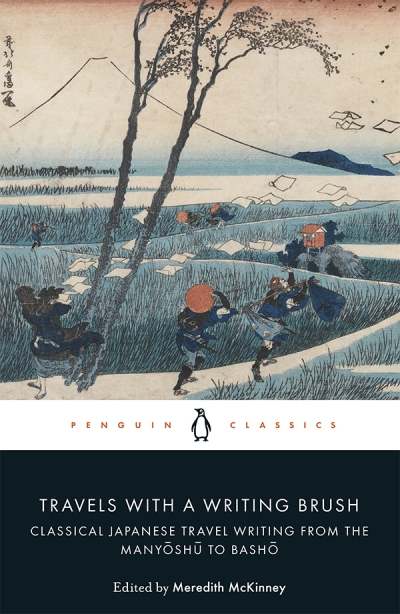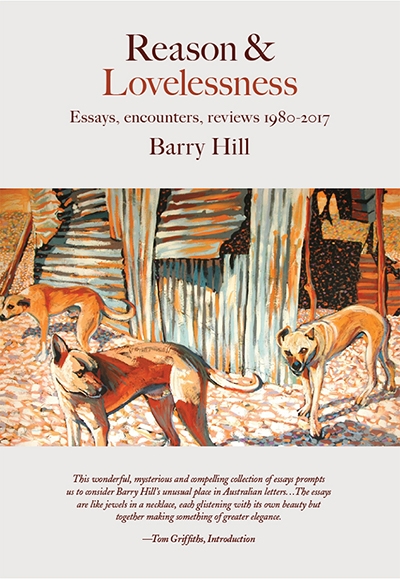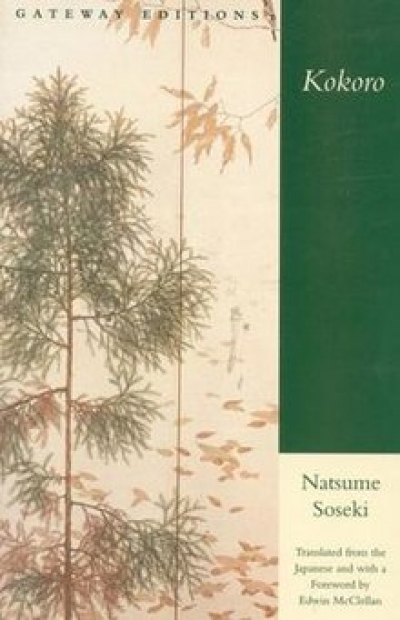Barry Hill
Eggs for Keeps: Poetry reviews and other praise by Barry Hill
by Geordie Williamson •
Travels with a Writing Brush: Classical Japanese travel writing from the Manyōshū to Bashō edited by Meredith McKinney
by Barry Hill •
Reason and Lovelessness: Essays, encounters, reviews 1980–2017 by Barry Hill
by Patrick McCaughey •
Lines for Birds: Poems and Paintings by Barry Hill and John Wolseley
by Chris Wallace-Crabbe •
Last Looks, Last Books: Stevens, Plath, Lowell, Bishop, Merrill by Helen Vendler
by Barry Hill •
Waiting for the Owl: Poems and songs from ancient China by Ian Johnston (transl.)
by Barry Hill •










